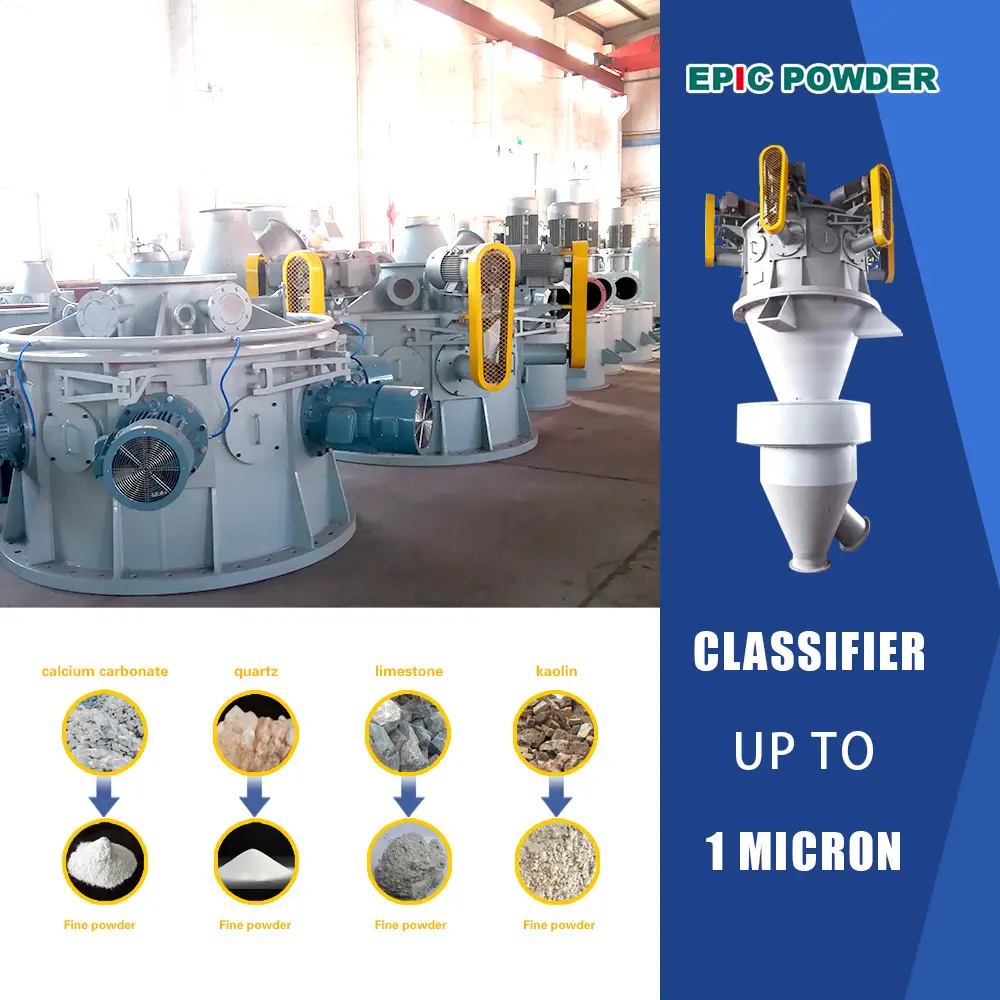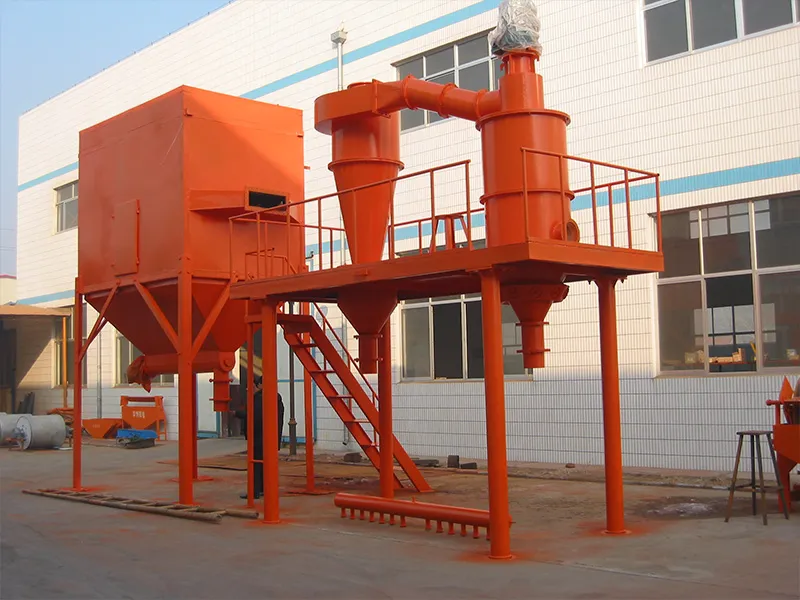EPIC Powder Machinery exists where engineering meets nutrition, empowering food producers to maximize the value of their raw materials. Consider the rise of plant-based proteins—this isn’t just a trend, but a fundamental shift. Here, defatted soybean is the foundational ingredient. Transforming this coarse material into a high-quality, functional powder requires more than just grinding, it demands advanced milling and precise classification.

The Industry Challenge: Beyond Simple Grinding
Traditionally, defatted soybean meal was simply hammer-milled into a coarse flour. While functional, this approach has significant limitations for today’s high-value applications:
• Poor Solubility: Coarse particles and wide particle size distribution (PSD) lead to clumping and sedimentation in beverages like protein shakes and meal replacements.
• Gritty Mouthfeel: Larger particles are instantly detectable by the palate, creating an undesirable, sandy texture that limits use in smoothies, dairy alternatives, and baked goods.
• Inconsistent Functionality: Variable PSD results in unreliable water/oil absorption, foaming, and emulsification properties, making it difficult for food formulators to create consistent end-products.
The industry demand is clear: a fine, consistent, and controllable powder that delivers superior nutritional density, smooth mouthfeel, and reliable functionality.
The EPIC Solution: Integrated Grinding & Classification Technology
To meet this challenge, a simple grinder is not enough. The solution lies in a system that integrates impact milling with precision air classification. At EPIC, we engineer Integrated Grinding-Classifying Systems specifically for this purpose.
Here’s how it transforms the process:
1. Primary Grinding: The raw defatted soybean meal (typically with an initial particle size of 10-20 mesh / ~2mm) is fed into the grinding chamber. Our high-speed rotors impart intense mechanical impact, breaking down the cellular structure to liberate the protein and fat.
2. Precision Classification: This is the critical differentiator. The ground material is immediately conveyed by an air stream to an integrated dynamic classifier. The classifier rotor, spinning at a precisely controlled speed, generates a sharp “cut point.” Particles finer than the target size pass through the classifier blades and are collected. Coarser particles are rejected and returned to the grinding chamber for further size reduction.
3. The Closed-Loop Advantage: This continuous, closed-loop system ensures 100% processing efficiency. It eliminates the “over-grinding” of fine particles, which saves energy and prevents the heat degradation that can denature precious proteins.
Data-Driven Performance: A Case Study in Precision
At EPIC, we believe in data, not just claims. Below is a detailed performance dataset from a recent project for a leading Asian food ingredient company. They needed to upgrade their existing line to produce a superior soy protein concentrate (SPC) with exceptional solubility.
Objective: Process defatted soybean meal into an ultra-fine powder with a strict top-cut size to maximize protein solubility and ensure a perfectly smooth mouthfeel.

Equipment Deployed: EPIC GMP Series Integrated Grinding-Classifying System
Raw Material: Defatted Soybean Meal
• Initial Moisture: < 10%
• Initial Protein Content (Dry Basis): ~55%
• Initial Particle Size: 10-20 Mesh (~850μm – 2mm)
Process Parameters & Performance Data:
| Parameter | Value | Significance |
| Feed Rate | 450 – 500 kg/h | Optimized for stable system operation and thermal control. |
| Grinding Rotor Speed | 4,800 RPM | Provides the optimal impact energy for efficient cell-wall breakage. |
| Classifier Rotor Speed | 1,200 – 1,500 RPM | The key control variable for determining final particle size. |
| System Power Consumption | ~85 kW | Demonstrates high energy efficiency for the throughput achieved. |
Final Product Specifications & Analysis:
| Specification | Target | Achieved Result |
| Particle Size: D50 | 15 – 25 μm | 18.5 μm |
| Particle Size: D90 | ≤ 60 μm | 58.3 μm |
| Particle Size: D97 | ≤ 75 μm | 72.1 μm |
| Production Output | ≥ 450 kg/h | 480 kg/h (average) |
| Product Temperature | < 45°C | 41°C |
• The D90 of 58.3μm is critical. This size ensures that 90% of the powder consists of particles fine enough to dissolve completely and remain in suspension, eliminating grittiness. This is the direct result of our precision classifier.
• The low product temperature of 41°C is vital for preserving the native state of the protein, ensuring high NSI (Nitrogen Solubility Index) and optimal functional properties in the final product.
• The consistent 480 kg/h output demonstrates the system’s reliability and stability for industrial-scale production.
Epic powder
The data clearly shows that advanced particle size control is a necessity for competing in the high-value food ingredient market. By moving beyond conventional grinding, producers can significantly enhance the quality, functionality, and market value of their soy products. At EPIC Powder Machinery, we partner with forward-thinking companies to design and deliver tailored powder processing solutions. Our expertise ensures you can meet the exacting standards of today’s consumers and food manufacturers. We invite you to connect with us. What are your biggest challenges in plant-based protein processing? Contact us today for a tailored solution.

